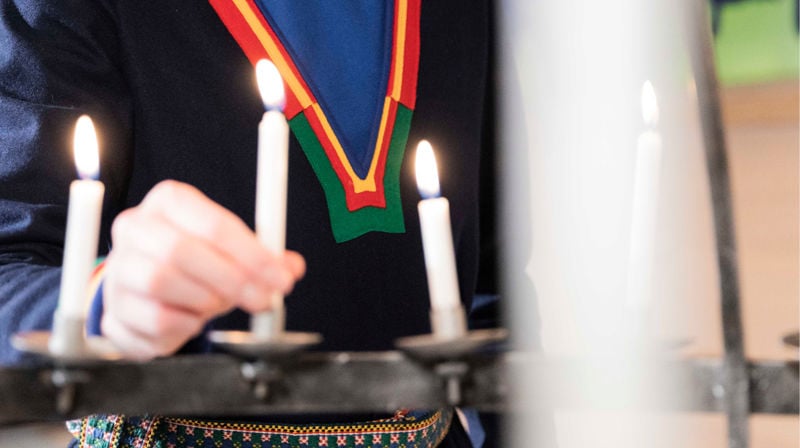The word “ecumenism” comes from the Greek word “oikoumene” which can be translated as “the whole inhabited earth”. It is a broad concept which includes dialogue between churches on theological questions, cooperation in mission, and cooperation in diakonia and addressing societal issues.
Jesus prayed “that they may all be one… so that the world may believe”. The work for unity among churches is a key commitment in the Church of Norway.
As an Evangelical Lutheran church, the Church of Norway is called and committed to seek church fellowship with other churches where it is possible. This includes a calling to learn from and share gifts with other churches, and to work toward visible signs of continuity and unity in the Church.
Learn more about ecumenism
More about ecumenical relations in Norway
In Norway, there are several arenas for ecumenical cooperation. The broadest ecumenical meeting space is the Christian Council of Norway, where many Christian churches and denominations are members. The Church of Norway is among the founding members of the Christian Council.
The Church of Norway also founded the Norwegian Bible Society, in 1816, and supported its shift to becoming an ecumenical organisation in 1984. Today, it is a significant arena of church cooperation.
The Church of Norway has bilateral agreements and dialogues with several Christian denominations in Norway. For example, the agreement with the Methodist Church, The Church – A Fellowship of Grace (1994), links the Church of Norway with the Methodist Church in Norway.
After bilateral conversations between The Church of Norway and The Baptist Union of Norway 1984-1989, a report was issued (1989): One Lord - One Faith - One Church - a longing for one Baptism.
Through the Christian Council of Norway and its Multicultural Church Network, the Church of Norway also seeks cooperation and partnership with new migrant churches.
The Church of Norway cooperates with other churches through diaconal efforts, for example through organisations such as the Norwegian Church Aid. The church similarly collaborates with mission organisations, often through the common platform called the Cooperation for Congregations in Mission.
More about ecumenical relations internationally
Over the last century, the ecumenical movement has shaped the Church of Norway’s identity and profile in many ways. Participation in ecumenical organisations and agreements are part of and expressions of the Church of Norway’s commitment to church unity.
International ecumenical organisations and agreements
The Church of Norway is among the founding and active members of the World Council of Churches (WCC), the Lutheran World Federation (LWF) and the Conference of European Churches (CEC).
The Church of Norway has signed the “Porvoo Agreement”, by which Nordic and Baltic Lutheran churches and the Anglican churches of Great Britain and Ireland affirm each other’s proclamation, sacraments and ministries.
The Church of Norway has also signed the “Leuenberg Concord”, which is an ecumenical agreement between the reformation churches in Europe. The agreement with the Methodist Church, “The Church – A Community of Grace”, links the Church of Norway with the Methodist Church of Northern Europe.
Bilateral, ecumenical agreements
In addition to these multilateral ecumenical agreements, The Church of Norway has signed formal agreements of cooperation with the Evangelical Lutheran Church in Jordan and the Holy Land, the Evangelical Church of Lutheran Confession in Brazil, and the Evangelical Lutheran Church in Southern Africa.
The Church of Norway also cooperates with other churches through the Norwegian Church Aid and in collaboration with Norwegian mission organisations.

